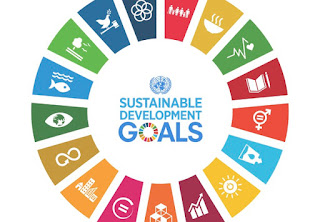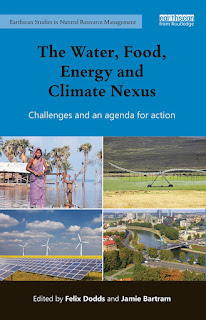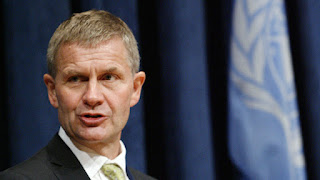Is Clos killing UN Habitat?

I’m recovering from the third PrepCom for Habitat III held in Surabaya. If you are not aware of where Surabaya is, it is an industrial city in Indonesia a little below Jakarta. Not somewhere that is on many people’s tourist plans. I have to say as always the Indonesian people were amazing and the entertainment on the first night spectacular. The urbanization of the world is one of the greatest challenges we face. Its impacts are and will continue to be huge. The Intergovernmental Panel on Climate Change’s fifth Assessment Report said that 40-50% of all GHG emissions are attributed to be originated to urban activities According to the World Bank up to 80 % of the expected $80 billion to $100 billion per year in climate change adaptation costs are expected to be borne in urban areas; see the World Bank. We also know due to the excellent work of the Stockholm Environmental Institute that the increase in urbanization (60% of all people will live in urban areas by 2050) [UN Habita...







